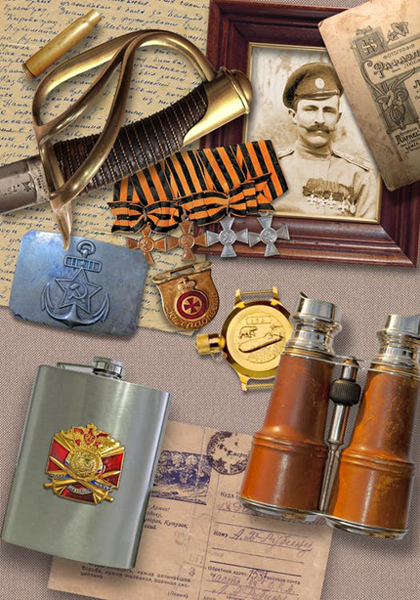Why learn History?
If  you don’t know your history, you simply don’t know how you’ve come to be. They say that history is written by the victors. Well, that has all changed since the internet enabled us to research, share and open up all kinds of cans of worms — social history in particular. There was a time when the study of history was all kings and queens and the odd war, but now every aspect of every walk of life can be placed into a historical context.
you don’t know your history, you simply don’t know how you’ve come to be. They say that history is written by the victors. Well, that has all changed since the internet enabled us to research, share and open up all kinds of cans of worms — social history in particular. There was a time when the study of history was all kings and queens and the odd war, but now every aspect of every walk of life can be placed into a historical context.
Scientific, technological and cultural advancements change at breakneck speed these days, and there’s renewed interest in the past. It may be new archaeological discoveries, but it’s just as likely to be social history (for example, the history of gaming) that might come under the microscope.
The history of fashion is one such case, with most museums now addressing the subject and its impact on and in youth culture. Business, too, benefits from a rounded knowledge of history, with many business leaders and CEOs making great use of reading military and tactical history. Here are just some jobs that utilise knowledge of history:
Lawyer – Lawyers need to devise arguments based on historical data. They have to be able to analyse large amounts of information and find the flaws and patterns in it. History students often spend a lot of time doing exactly that during their studies, and a lot of universities have discovered that many of their history graduates go on to become lawyers.
History Lecturer or Teacher – If you're passionate about this subject and want to work directly in it, then becoming a history teacher might be a good option. Becoming a college or university instructor is one of the most commonly chosen paths when it comes to deciding between possible history careers, and you can also get involved in academic research projects, with the possibility of publishing your own research and findings.
Research Analyst – Online and print publications, as well as film, radio and TV producers, often seek people who have historical knowledge. They need employees who can research stories and fact check them for accuracy.
Anthropologist – There are four fields of anthropology: archaeology, biological/physical anthropology, cultural/social anthropology and linguistic anthropology. This is why a history degree is a great starting point for beginning a graduate degree programme in anthropology. Your findings may help educate the public or be used to help shape cultural, public and social policies.
Librarian – From books, journals and newspapers to audio and video recordings to digital content, you'll be responsible for managing large quantities of materials to help people by working in public, school or medical libraries. You can focus on research, technical service or catalogue systems.
Archivist – There's so much historical information out there, and it all needs to be collected and archived. Archivists start out by determining which documents are of value and then arrange and organise them with descriptions to help people wanting to access them. There are also the all-important areas of conservation.
Curator – Curators are the people who work behind the scenes to create exhibitions, visual displays and educational presentations. You may decide on the theme of exhibits and displays and oversee their set up. You could also be responsible for conducting tours and the cleaning of objects.


